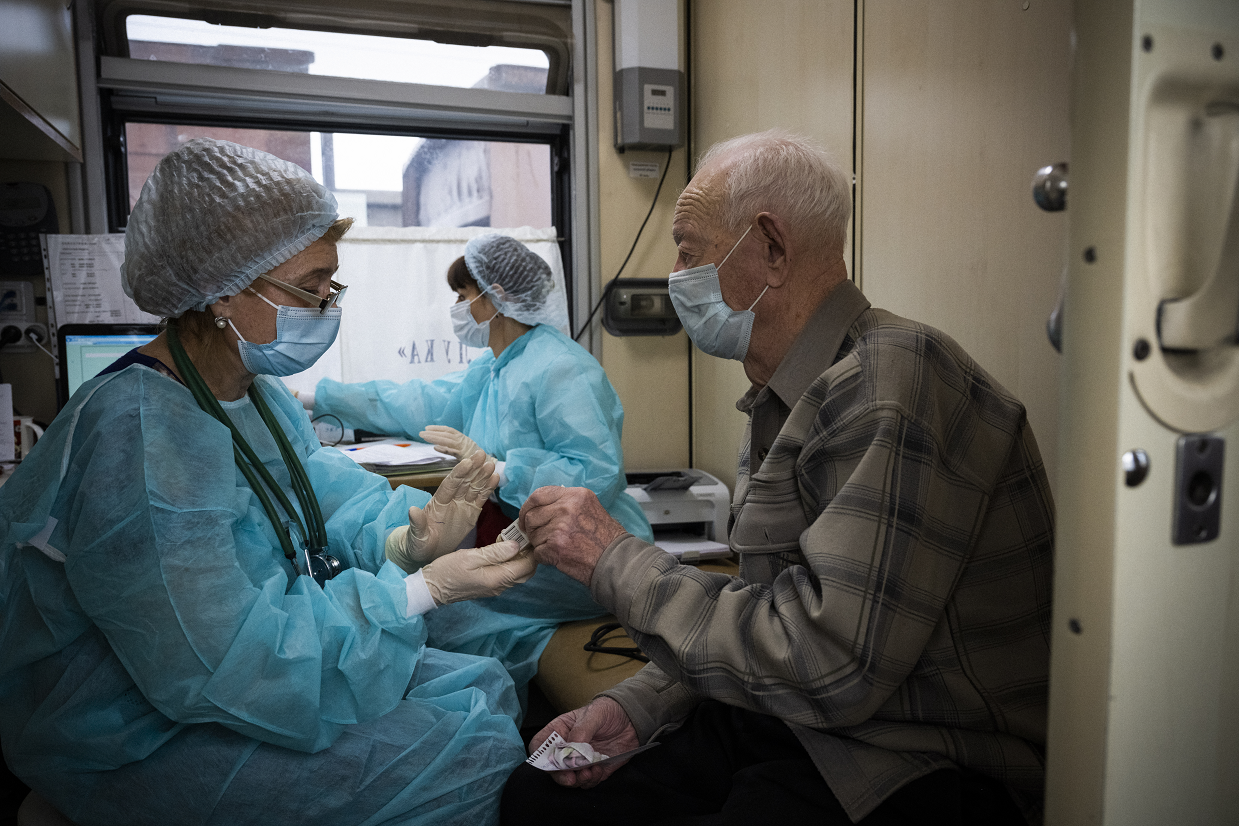
GLASS-AMR
Antimicrobial Resistance surveillance
GLASS-AMR provides a standardized approach to the collection, analysis and sharing of AMR data by countries and seeks to support capacity development and to monitor the status of existing or newly-developed national AMR surveillance systems.
Strategic objectives
- foster national surveillance systems and harmonize global standards;
- monitor global AMR trends in fast-growing bacteria causing common infections in humans and inform the WHO Model Lists of Essential Medicines and WHO AWaRe classification of antibiotics;
- estimate the extent and burden of AMR globally by selected indicators;
- detect emerging resistance and its international spread;
- generate data to assess the impact of interventions and inform the implementation of prevention and control strategies;
- inform research and development of new tools for the prevention, diagnosis and treatment of human infections caused by fast-growing bacteria.
Target population
The population under surveillance is composed of patients seeking care in healthcare facilities and for whom clinical samples are collected for routine microbiological investigations, including species identification and antimicrobial susceptibility testing. GLASS-AMR requires AMR data to be collected through a case-finding comprehensive surveillance system, which gathers results from susceptibility testing for priority human bacterial pathogens isolated from clinical specimens (blood, urine, stool and cervical and urethral specimens) sent routinely to laboratories for clinical purposes.
Pathogens
Pathogens currently included in GLASS-AMR are: Acinetobacter spp., E. coli, Klebsiella pneumoniae, Neisseria gonorrhoeae, Salmonella spp., Shigella spp., Staphylococcus aureus, and Streptococcus pneumoniae. Together with patients’ microbiological results (species identification and antimicrobial susceptibility testing), countries are also invited to report demographic and epidemiological variables (age, gender and infection origin), either in aggregated or individual level format.
Time-frame
GLASS-AMR is designed to be implemented in five-year cycles followed by revision and further development based on lessons learnt and best practices identified during each of these periods. The first phase, defined as early implementation of GLASS, covered the period 2015–2019. The key objectives of this phase have been to launch the global surveillance system and provide guidance and technical support to countries about the development of an effective national AMR surveillance system.

GLASS-AMR Documents

National AMR surveillance systems and participation in the GLASS: a guide to planning, implementation,...
The document is intended to be used as a tool, both for collecting data for situational analysis and for planning the national antimicrobial resistance...

Diagnostic stewardship: a guide to implementation in antimicrobial resistance surveillance sites
This guide has been developed to support the practice of robust microbiological diagnosis, including antimicrobial susceptibility testing (AST), in patients...

National AMR surveillance systems and participation in the GLASS: core components checklist and questionnaire
The document is intended to be used as a tool, both for collecting data for situational analysis and for planning the national AMR surveillance programmes....

National AMR surveillance systems and participation in the GLASS: a guide to planning, implementation,...
The document is intended to be used as a tool, both for collecting data for situational analysis and for planning the national antimicrobial resistance...

This document has been developed for national GLASS focal points who have been nominated by their ministry of health, or another officially designated...

This document has been developed for national GLASS focal points and national antimicrobial resistance (AMR) surveillance data managers. It provides instructions...

GLASS implementation questionnaire
To get a clear overview of the countries antimicrobial resistance surveillance system (GLASS) status, GLASS antimicrobial (AMR) National Focal Points were...

GLASS Report: Early Implementation 2020
